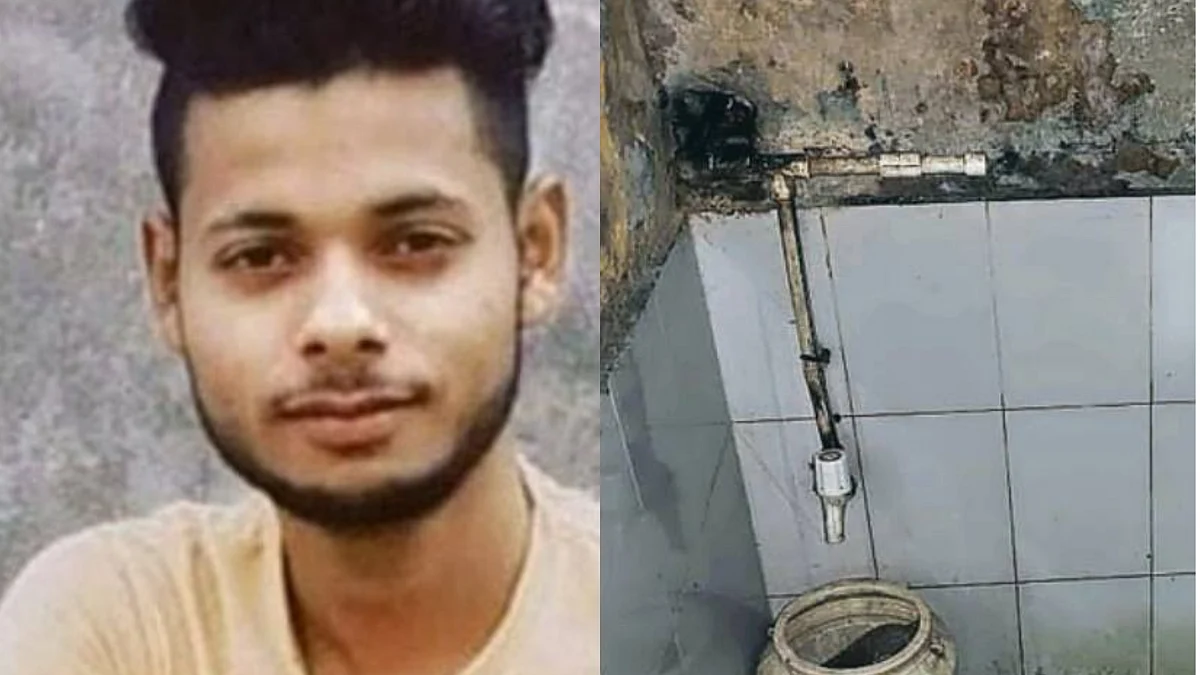Custodial death: Not all lives matter
Occasional outrage is not enough to curb deaths in police custody

In a country where ‘Rowdy Rathors’ and ‘encounter specialists’ in uniform are deemed to be heroes, where films glorify policemen taking law into their hands, why should increasing incidence of custodial deaths come as a surprise? The claim of the Kasganj SP in Uttar Pradesh this week that a young boy Md Altaf committed suicide in police custody by hanging from a tap in the washroom, did spark some outrage. UP Police were archly asked if the deceased was a two feet tall midget. But the ‘case’ is certain to recede soon from public memory after everyone concerned complete going through the motions. Sporadic media reports, occasional observations by the Supreme Court and even rarer court orders for ‘CBI inquiries’ and compensation fail to gloss over the extent of custodial deaths, shameful conduct of policemen and prison officials or the grim conditions in our police stations and prisons. The Lok Sabha was informed in August this year that 5,221 people had died in prisons during the last three years. During the same period, 348 people were said to have died in police custody. The National Human Rights Commission, which under the law must be mandatorily informed of custodial deaths from districts within 24 hours, however reported 1,067 custodial deaths in just the first five months of this year. The reporting system is clearly broken and the figures may well be gross understatements. A report released by the National Campaign Against Torture (NCAT) pointed to an increase in custodial deaths during 2020 when the country was under a lockdown. Ironically, an overwhelming number of custodial deaths are officially attributed to ‘natural causes’ or to suicides. While the NCAT report does not rule out suicides by people unable to put up with ‘third degree’ torture, in the absence of credible inquiries and accountability, deaths by suicide in custody remain doubtful. Not surprisingly, an overwhelming number of people dying in custody happen to be poor and belong to oppressed classes and minorities. And although most such cases involve men, there is no reason to believe that women are safer or custodial rapes, rarely reported, do not take place.
It is not that people in power do not know what needs to be done. Sufficient number of studies have been done to understand the nature of custodial torture and death. Enough has been written about conditions in police stations and prisons. But lives of people in custody do not really matter to the powers that be, or even to the people at large, because of the widespread belief that people in custody must necessarily be guilty and deserve to be tortured and forced to live in harsh conditions. Experience however speak otherwise. Most prison inmates are under-trials and are never convicted. A large number of them are actually acquitted after their inordinately long stay in prisons. Not everyone that policemen haul up is guilty. But while governments are reluctant to read the riot act to the police or even make changes in the design of police stations and turn them like open offices with even lock-ups in full view of visitors, the judiciary is equally lukewarm to regularly inspect prisons. There is no consistency in compensations either. The widow of the Kanpur businessman who died due to assault by policemen in a hotel was paid a compensation of Rs. 40 lakhs and a job. People like Altaf’s family, of course will receive nothing. Such inconsistency is not confined to the political executive. Even courts have been no better. The reason is obvious. Not all lives matter.
Follow us on: Facebook, Twitter, Google News, Instagram
Join our official telegram channel (@nationalherald) and stay updated with the latest headlines